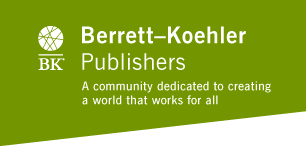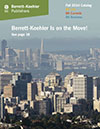- Provides detailed, practical solutions to the problems of information, access, and work overload
- Offers real-life examples of individuals who have managed to reclaim their lives without compromising their careers-and tells how they did it
- Shows organizations alternative approaches to increasing productivity without overloading workers
For millions of people, technology is making their lives harder, not easier. They're bombarded with so much information they can barely read it, let alone process it. They're tied to the office-through email, cell phones, pagers, voice mail and fax machines-24 hours a day, 7 days a week. Their sense of balance is under assault from the relentless onslaught of data and the feeling that they must be constantly "connected."
For everyone who yearns to simplify life, slow down, and get centered, all without compromising their career, Dot Calm offers more than hope-it offers answers. Based on the authors' in-depth interviews and survey results, Dot Calm outlines a wide variety of proven tactics that real people in all walks of life are using to cope with the ubiquitous problems of information, access, and work overload. This book provides an unprecedented chance to leverage the success strategies of people who have managed to sever the "electronic tether" that kept them constantly bound to their jobs.
Dinnocenzo and Swegan show that you don't have to sacrifice productivity or efficiency to have a sane, balanced life. On the contrary-technology can so overwhelm people with data that they have a hard time focusing on those activities that truly matter. Unplugging will actually make you more effective.
Dot Calm is fundamentally a book of solutions, not just an analysis of a problem. Dinnocenzo and Swegan offer a variety of tools, exercises, and examples that will help readers:
- Reconcile their personal priorities and values with the demands of their work
- Leave the office-especially the virtual office-behind and create space and time to recharge their batteries
- Put reasonable limits on their accessibility
- Organize and prioritize the endless electronic clutter in their lives
- Maintain human contact and create community in a world of faceless electronic communication
- Design a personal plan for navigating the delicate balance between organizational and individual needs
Doing more and doing it faster doesn't mean that people are doing the right things to achieve the right results. And the price we pay-in stress, disrupted lives, and loss of human contact-is one more and more people are unwilling to pay. Through a process of analysis, self-insight, and priority setting, Dot Calm helps readers identify and stick to their priorities and strike a reasonable balance between life and work.
 0 items in cart
0 items in cart









